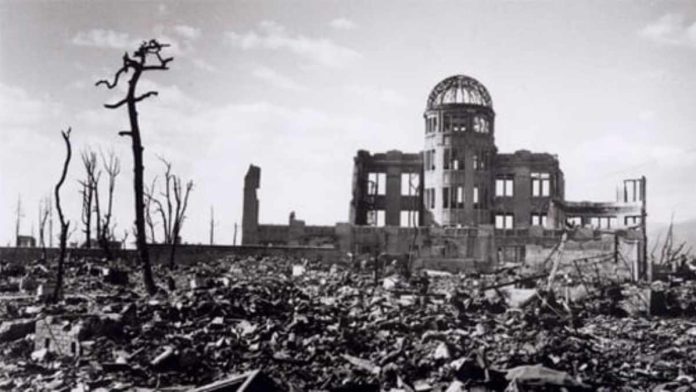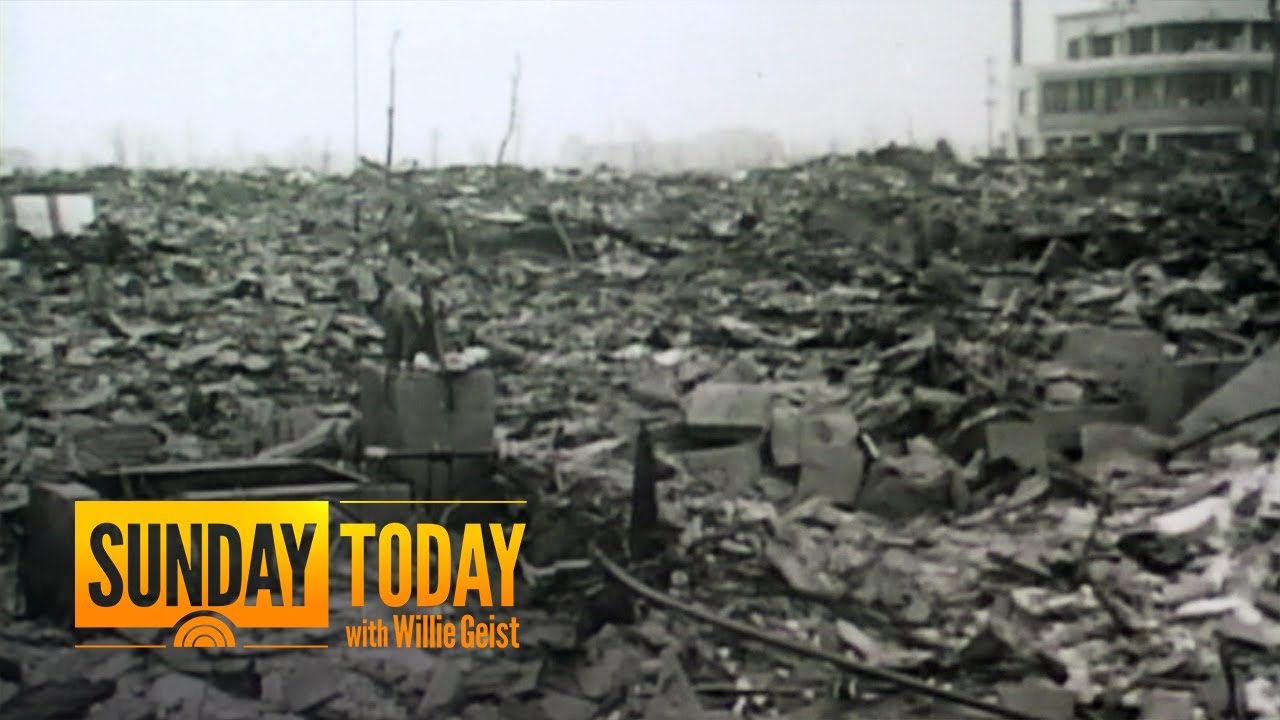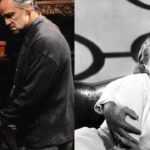The United States dropped nuclear bombs on two Japanese cities, Hiroshima and Nagasaki about 77 years back. This event made the US, the only country to ever use atomic bombs in war, bringing World War II to a standstill. The bombings killed about a hundred to two hundred thousand people from the two cities.
The horror caused by the nuclear attacks is unimaginable. In a fraction of a second, Japan had lost millions of people, either dead or injured for life. Even the creators of the nuclear bombs saw themselves as the harbingers of death. If the bombings were dreaded by both parties- the creators and the affected, then why did the attack take place?
Read More: Why Prince Harry Joined The Military And Went To War Twice?
Atomic Bombings In Hiroshima And Nagasaki
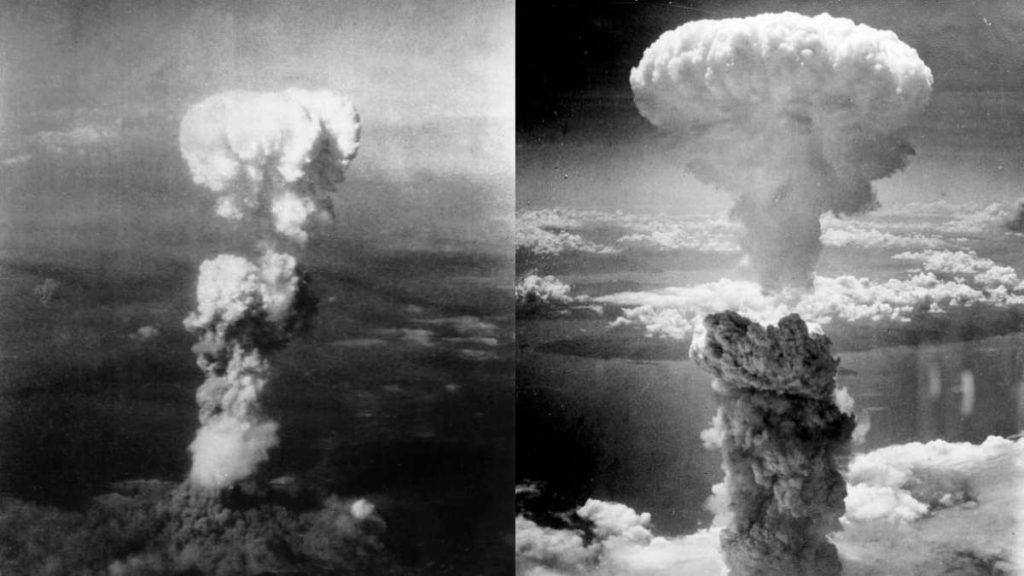
“Little Boy” was dropped on Hiroshima and “Fat Man” was dropped on Nagasaki on the 6th and 9th of August 1945 respectively. It was then President Harry S. Truman who had sanctioned the attack on the cities. One reason that is spotted by many historians as to why the attack happened is the fear that Japan wouldn’t surrender anytime soon. Germany had already surrendered in May 1945.
Archivist Sam Rushay says that “there was a widespread belief among American military planners that the Japanese would fight to the last man.” And since the US had the right weapon at hand, they didn’t want to be answerable for what the war was still continuing.
Another reason, as discussed by Britannica, points to the involvement of the Soviet Union. As agreed at the Tehran and Yalta conferences, the Soviet Union declared war on Japan after the first bombing. But to show its military power and keep the Soviet Union away from Japan, the US proceeded with its decision to drop the second bomb on Nagasaki.
Read More: Top 5 World War II Movies
Japan After The Nuclear Bombings
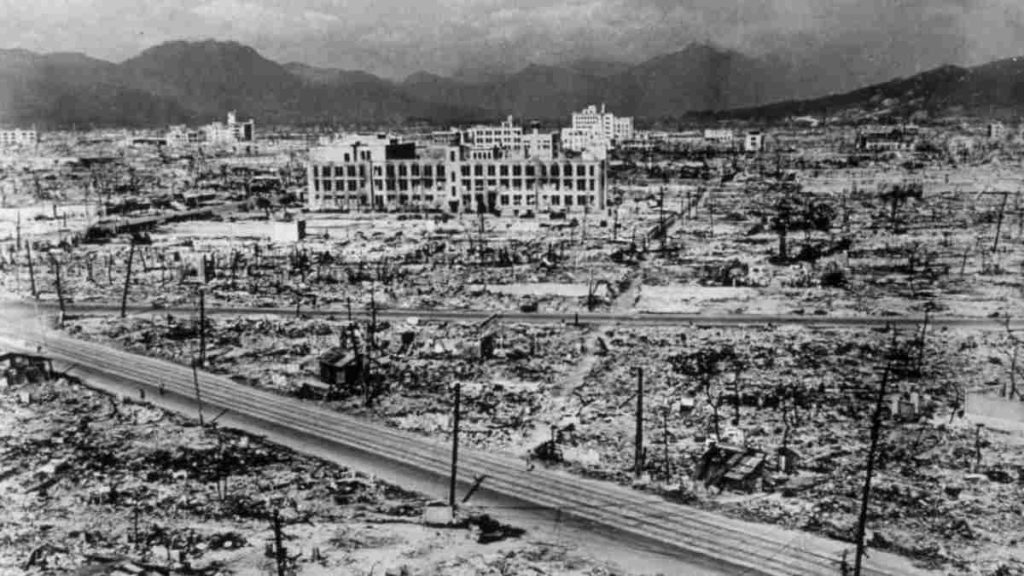
For the majority of the world, the bombings at Hiroshima and Nagasaki were a global event. But for the country and especially the survivors from the two cities, it was more of a memory. And for the Japanese government, it was a terrible blow. History notes how Japan refused to believe that the US was capable of producing, transporting, and dropping a powerful atomic bomb.
The second bombing at Nagasaki and Russia’s declaration of war had put Japan in a tight position. Finally, it was after hours of debates and discussions that Japan came to a decision. Though there were anti-surrender sentiments, the emperor Hirohito made the final word. Japan surrendered and the war came to an end on August 15, 1945.

